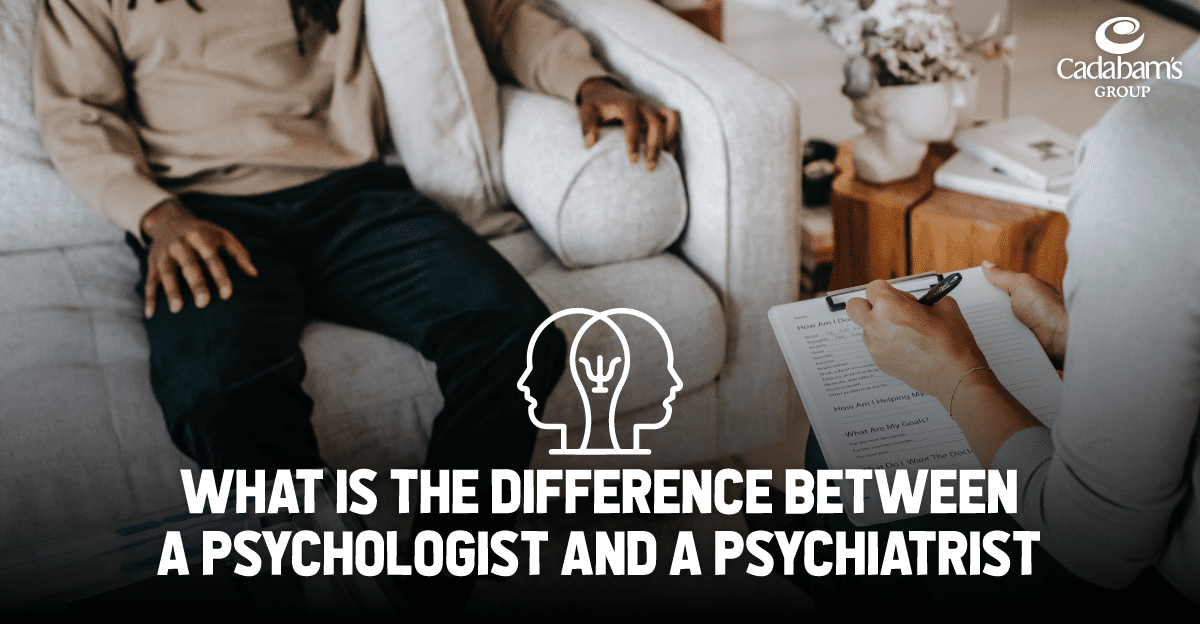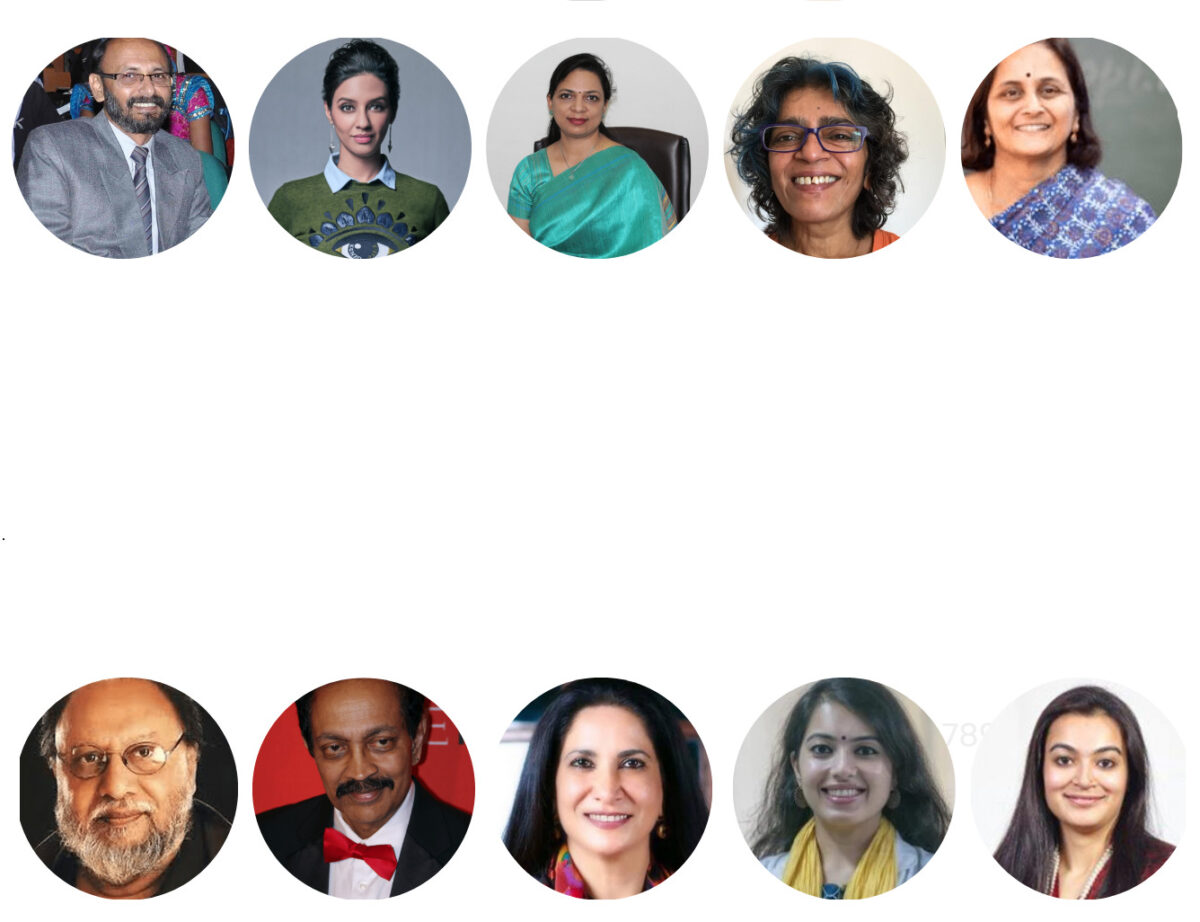Your Course to Healing: Insights from the Best Psychologist in Delhi
Your Course to Healing: Insights from the Best Psychologist in Delhi
Blog Article
The Duty of Psych Treatment in Taking Care Of Anxiousness and Clinical Depression
Psychiatric therapy has actually become a keystone in the administration of anxiousness and clinical depression, using customized interventions that range from Cognitive-Behavioral Therapy (CBT) to mindfulness-based approaches. These techniques not just help individuals in determining and restructuring negative idea patterns yet likewise foster present-moment understanding, decreasing the tendency to ponder. As we check out the different dimensions of psychiatric therapy, it comes to be obvious that these techniques do greater than just ease signs; they considerably enhance psychological guideline and interpersonal abilities - Best Psychologist in Delhi. What stays to be analyzed is how these healing methods can be efficiently customized to satisfy individual needs, therefore enhancing their impact.
Comprehending Anxiousness and Anxiety
Comprehending anxiousness and depression needs a thorough consider these common psychological wellness problems, which frequently exist together and dramatically impact an individual's day-to-day live. Anxiety is characterized by consistent, extreme fear and are afraid concerning everyday situations. Symptoms include restlessness, fast heart rate, and problem concentrating. On the other hand, anxiety shows up as a prevalent sensation of despair, pessimism, or vacuum, frequently accompanied by a loss of interest in formerly appreciated activities, modifications in cravings, and rest disruptions.
The conjunction of anxiety and clinical depression can intensify signs and symptoms and complicate diagnosis and therapy. People dealing with both problems may experience more serious signs and symptoms, higher problems in work and social performance, and a much longer period of health problem. This comorbidity demands a nuanced understanding and strategy to treatment.
Cognitive patterns like adverse thinking and maladaptive actions can perpetuate these problems. Comprehensive evaluation by mental wellness experts is important to discern the existence and degree of these conditions, paving the way for tailored restorative techniques.
Kinds Of Psychotherapy
Psychotherapy, additionally called talk therapy, encompasses a variety of treatment modalities made to alleviate signs and symptoms of anxiousness and clinical depression by resolving the underlying emotional and emotional problems. Different kinds of psychiatric therapy are customized to meet the unique demands of people, offering a variety of approaches to psychological healthcare.
One extensively used form is psychodynamic treatment, which concentrates on understanding and dealing with unconscious disputes coming from very early life experiences. By checking out these deep-seated concerns, individuals gain understanding into their existing habits and mood.
Social Therapy (IPT) is an additional efficient modality that focuses on improving social relationships and function to minimize depressive symptoms. It normally deals with concerns such as sorrow, duty transitions, and social disputes.
Humanistic treatments, such as Client-Centered Treatment, highlight individual growth and self-actualization. Best Psychologist in Delhi. These techniques create a helpful setting where individuals can discover their sensations and create a stronger feeling of self
Finally, Dialectical Habits Therapy (DBT) combines cognitive-behavioral techniques with mindfulness techniques. Originally established for borderline individuality disorder, DBT has been adjusted to deal with anxiety and anxiety by training skills in distress tolerance, emotional guideline, and social performance.
These diverse psychotherapeutic techniques supply multiple pathways to psychological wellness and health, satisfying therapeutic needs and individual preferences.
Cognitive-Behavioral Therapy (CBT)
Amongst the different psychotherapeutic methods, Cognitive-Behavioral Treatment (CBT) stands out for its structured, goal-oriented method in treating stress and anxiety and anxiety. Established by Aaron T. Beck in the 1960s, CBT is asserted on the idea that maladaptive reasoning patterns contribute substantially to psychological distress and behavior problems. By determining and restructuring these unfavorable thought patterns, CBT aims to minimize signs and foster healthier cognitive processes.
The therapy incorporates a range of techniques, including cognitive restructuring, direct exposure therapy, and behavioral activation. Cognitive restructuring concentrates on challenging and changing altered cognitions, while exposure treatment slowly adjusts people to anxiety-provoking stimulations, decreasing evasion habits.
Empirical proof highlights the efficacy of CBT, with countless research studies showing its efficiency in great site reducing signs of anxiety and clinical depression. This restorative approach has actually been adapted for different populations and settings, proving adaptable and functional. Its structured nature, empirical assistance, and concentrate on ability acquisition make CBT a foundation in the psychotherapeutic treatment of stress and anxiety and clinical depression.
Mindfulness-Based Methods
Mindfulness-Based Strategies have gathered substantial attention over the last few years as reliable treatments for anxiety and anxiety. Rooted in old meditation practices, these methods intend to cultivate an enhanced awareness of the existing moment, which can aid individuals disengage from the ruminative thought patterns usually related to stress and anxiety and depressive disorders.

Similarly, Mindfulness-Based Cognitive Treatment (MBCT) integrates principles from Cognitive-Behavioral Therapy (CBT) with mindfulness approaches. MBCT is particularly efficient in protecting against regression in individuals with frequent depression. By acknowledging early warning indicators of depressive episodes, people trained in MBCT can use mindfulness practices to mitigate the start of full-blown episodes.
Benefits of Psychiatric Therapy
Various studies have demonstrated the extensive benefits of psychiatric therapy for individuals facing anxiousness and clinical depression. Among the vital advantages is the renovation of emotional guideline. Psychotherapy gears up clients with dealing strategies to manage traumatic emotions, consequently minimizing symptoms of anxiety and anxiety. Cognitive-behavioral treatment (CBT), as an example, helps people determine and challenge adverse thought patterns, cultivating a much more positive and well balanced address outlook.
In addition, psychotherapy gives a structured atmosphere for self-exploration and understanding. By discussing their experiences and sensations with a trained therapist, people can uncover underlying problems adding to their mental health and wellness battles. This self-awareness is an important action toward long-lasting healing and strength.
Another considerable advantage is the improvement of interpersonal skills. Stress and anxiety and clinical depression frequently strain partnerships, bring about isolation. With restorative treatments, people learn efficient interaction and conflict-resolution abilities, which can improve their interactions and foster helpful connections.
In addition, psychiatric therapy offers a tailored method to treatment. Therapists can adapt methods to fulfill the one-of-a-kind demands of each patient, ensuring a personalized care strategy. This personalization enhances the efficiency of therapy, promoting continual mental health improvements. Inevitably, the advantages of psychiatric therapy extend beyond signs and symptom alleviation, contributing to overall health and high quality of life.

Final Thought
Psychotherapy dramatically adds to the monitoring of anxiety and clinical depression by offering reliable coping techniques and a secure atmosphere for self-exploration. Techniques such as Cognitive-Behavioral Treatment (CBT) and mindfulness-based methods contribute in recognizing and restructuring unfavorable idea patterns, while promoting present-moment awareness. These tailored interventions not only alleviate signs and symptoms however also enhance psychological policy and interpersonal skills, thereby boosting total wellness and top quality of life for people encountering these mental health and wellness challenges.
Psychotherapy has emerged as a cornerstone in the monitoring of anxiety and anxiety, using tailored interventions that vary from Cognitive-Behavioral Therapy (CBT) to mindfulness-based methods.Understanding stress and anxiety and depression requires a comprehensive look at these widespread psychological health problems, which often coexist and significantly influence an individual's everyday life.Amongst the different psychotherapeutic techniques, Cognitive-Behavioral Treatment (CBT) stands out for its structured, goal-oriented method in treating anxiety and clinical depression.Many studies have shown the extensive advantages of psychotherapy for people grappling with stress and anxiety and anxiety. Psychotherapy furnishes clients with coping techniques read this post here to take care of traumatic emotions, consequently decreasing signs and symptoms of stress and anxiety and anxiety.
Report this page